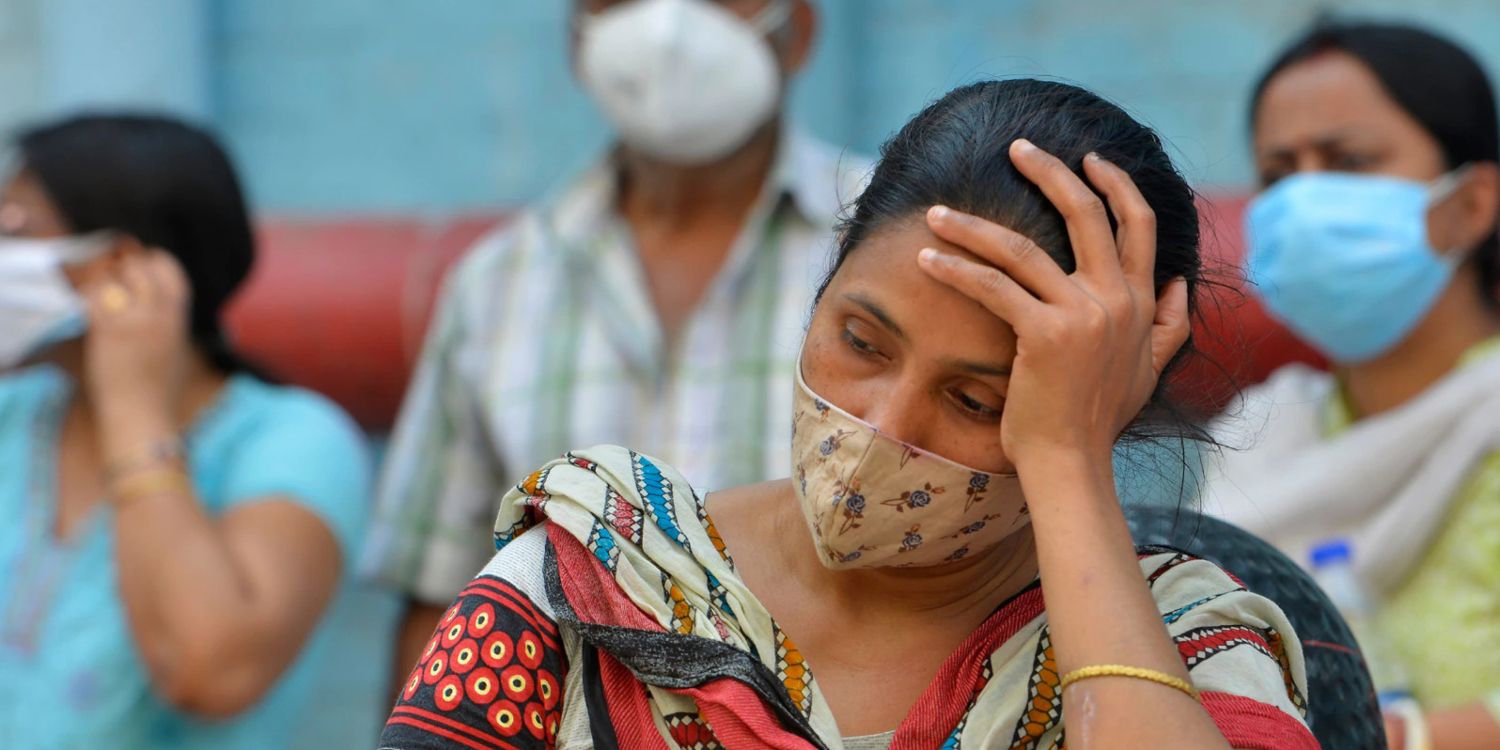This article compares and contrasts the healthcare systems of different countries, highlighting the unique challenges that each country faces. The article explores the strengths and weaknesses of each system and provides insights into how different countries can learn from each other to improve their healthcare outcomes.
The provision of healthcare is a vital service that every country must provide to its citizens. However, different countries have different healthcare systems, with varying levels of accessibility, quality, and cost-effectiveness. In this article, we compare the healthcare systems of different countries and examine the unique challenges they face.
The United States

The United States has a predominantly private healthcare system that is largely funded by private insurance companies. This system has been criticized for being overly expensive and for leaving many people without access to healthcare. The Affordable Care Act, also known as Obamacare, was introduced to address some of these issues, but it remains a contentious issue in American politics.
Canada
Canada has a publicly funded healthcare system that provides universal coverage to all citizens. While this system has been praised for its accessibility, it has also been criticized for long wait times and a lack of funding for certain services.
The United Kingdom
The United Kingdom has a publicly funded National Health Service (NHS) that provides free healthcare to all citizens. The NHS has been praised for its accessibility and cost-effectiveness, but it has also faced challenges with funding and staffing shortages.
Japan
Japan has a hybrid healthcare system that combines public and private insurance. This system has been praised for its high quality of care, but it also faces challenges with an aging population and rising healthcare costs.
Germany
Germany has a healthcare system that is funded by a combination of public and private insurance. This system has been praised for its high-quality care and accessibility, but it also faces challenges with rising healthcare costs and an aging population.
France
France has a healthcare system that is funded by a combination of public and private insurance. This system has been praised for its high-quality care and accessibility, but it also faces challenges with rising healthcare costs and an aging population.
Australia
Australia has a publicly funded healthcare system that provides universal coverage to all citizens. This system has been praised for its accessibility and cost-effectiveness, but it also faces challenges with long wait times and funding shortages for certain services.
South Africa
South Africa has a mixed healthcare system that is funded by both public and private sources. This system has been criticized for being inequitable, with many people unable to access healthcare due to cost.
India
India has a predominantly private healthcare system that is largely unregulated. While this system provides high-quality care to those who can afford it, it leaves many people without access to healthcare.
China
China has a publicly funded healthcare system that provides universal coverage to all citizens. While this system has made great strides in recent years, it still faces challenges with inadequate funding and a lack of qualified healthcare professionals.
Brazil
Brazil has a mixed healthcare system that is funded by both public and private sources. This system has been criticized for being inequitable, with many people unable to access healthcare due to cost.
Challenges Facing Healthcare Systems

Regardless of the type of healthcare system, all countries face unique challenges in providing quality, accessible, and affordable healthcare to their citizens. Some of the common challenges include rising healthcare costs, an aging population, inadequate funding, staffing shortages, and access to healthcare in rural and remote areas.
Conclusion:
In conclusion, healthcare systems vary greatly between countries, and each system has its own strengths and weaknesses. By comparing and contrasting these systems, we can gain insights into how different countries can learn from each other
to improve their healthcare outcomes. While every country faces unique challenges, there are also common themes that require attention, such as increasing access to care, controlling costs, and ensuring the sustainability of healthcare systems.
One approach to addressing these challenges is to learn from the successes and failures of other countries. For example, countries with strong primary care systems, such as the United Kingdom, have been able to achieve better health outcomes at a lower cost than countries with a more specialist-focused approach, such as the United States.
Similarly, countries with strong public health systems, such as Australia, have been able to prevent and control the spread of infectious diseases more effectively than countries with weaker public health infrastructure.
Another key factor in improving healthcare outcomes is investing in research and innovation. Countries that invest in research and development have been able to make significant progress in areas such as personalized medicine, digital health, and new treatments for chronic diseases.
By supporting research and innovation, countries can develop more effective and efficient healthcare solutions that benefit their citizens and the wider global community.
In conclusion, while healthcare systems around the world face unique challenges, there are also opportunities for countries to learn from each other and work together to improve healthcare outcomes.
By investing in research and innovation, strengthening primary care and public health infrastructure, and addressing common challenges such as rising healthcare costs and an aging population, countries can build more resilient and sustainable healthcare systems that provide quality care to all citizens.































